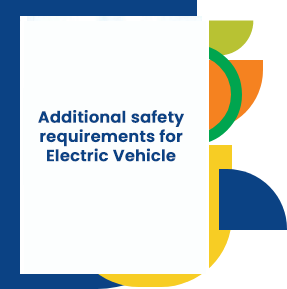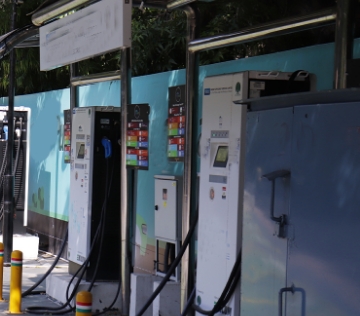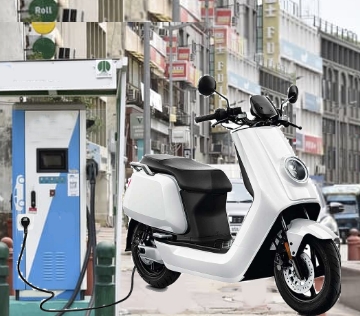Guidelines for Installation and Operation of Electric Vehicle Charging Infrastructure-2024
Date: 18th Sep 2024
The “Guidelines for Installation and Operation of Electric Vehicle Charging Infrastructure – 2024” have been revised with a goal to deploy adequate number of EV charging stations and to address the challenges being faced by the EV charging industry and further improve business viability of EV charging stations.
The guidelines have been divided into sections including beneficiaries of the guidelines, general requirements, safety and functionality of EV charging stations, provisions for EV charging stations at workplace, residential, bus depots, and residential community.
Thus, it is envisaged that the revised guidelines will pave the way for developing safe, affordable, and accessible EV charging infrastructure across the country and further ensure sustainable business of EV charging stations.















